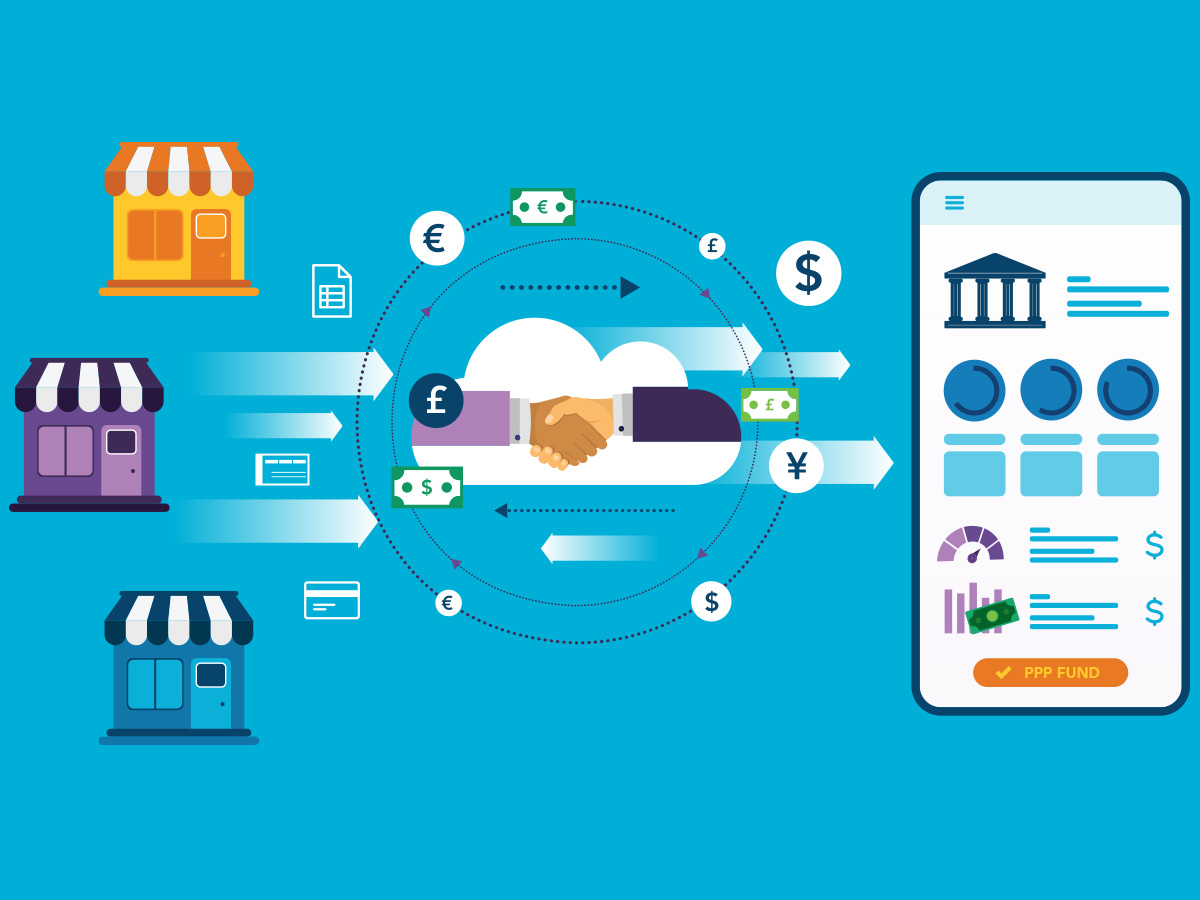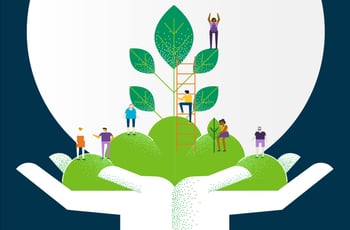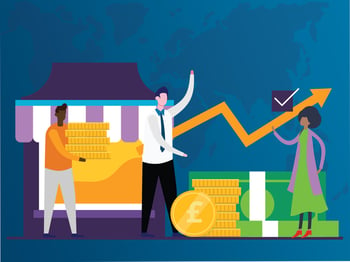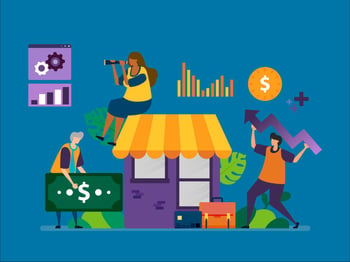Ecosystem thinking – An emerging strategy by financial institutions to embrace partnerships with fintechs and others to achieve digital transformation and ongoing innovation to improve customer experience.
New bonds are forming in lending
Accelerating success in small business lending requires a partnership approach these days. Competition is intense and lenders realize ecosystem thinking is required to meet the needs of businesses seeking access to capital when they need it.
Over 75% of small business lenders worldwide have acknowledged that ecosystem thinking based on partnerships between incumbents, fintechs, and big-tech firms is “the way forward” when it comes to lending. This finding from the Economist Impact report What is shaping the ecosystem of small business lending? strongly suggests lending is entering a more collaborative period focused on shared revenue successes.
Another eye-opener from the report bears this out: many traditional lenders and fintechs are now genuinely enthusiastic about working in partnership. When it comes to mainstream lenders, over 71% expressed openness to partnering and believe the banking and fintech worlds are coming together to transform small business lending.
Q2 CSO Will Furrer on the importance of ecosystem thinking and
collaboration in small business lending.
From a recent Economist Impact webinar
Take the molecular approach to successful ecosystem lending
An important reason for ecosystem thinking and partnering lies in businesses’ growing desire for faster access to capital through no-hassle digital lending solutions. As Economist Impact underscored, digital ecosystems “drastically increase access to more diversified sources of capital for small businesses, allowing them to compare and select the most appropriate, better-value lending options to fund their growth.”
Another equally important reason for new approaches is the state of technology at many lending institutions. As Q2 Chief Strategy Officer Will Furrer commented: Amid today’s business environment, we’re seeing “a collision of forces” between businesses’ immediate needs and the slow processes of legacy systems.
To effectively meet this challenge through a sound approach, Will said, “You can’t do this with an atom. You can do it with a molecule of atoms that function very well together and actually enable this kind of change. And I think an ecosystem is the only way this is going to happen.” Elaborating on his analogy, he advanced, “You’re going to see players with open technologies, players with AI and machine learning, players with substantial workflows that have been developed, proven, and tested in financial services. And then you’re going to see those that can make these things available in apps."
Add an additional atom: trust
Digital ecosystems will provide access to more diversified sources of capital for small businesses critical for the foundation of global economic recovery and create better ways to extend credit to more unbanked or underbanked businesses. However, potential bumps in the road are possible.
One that is expressed in the report is the reluctance from certain incumbent banks to open access to their data, “because they believe that it’s an open door to competition.” Resolving such concerns in practical, trust-building ways will be important to achieving the greatest success for lenders, fintechs, and small businesses.
Download the Economist Impact report.





